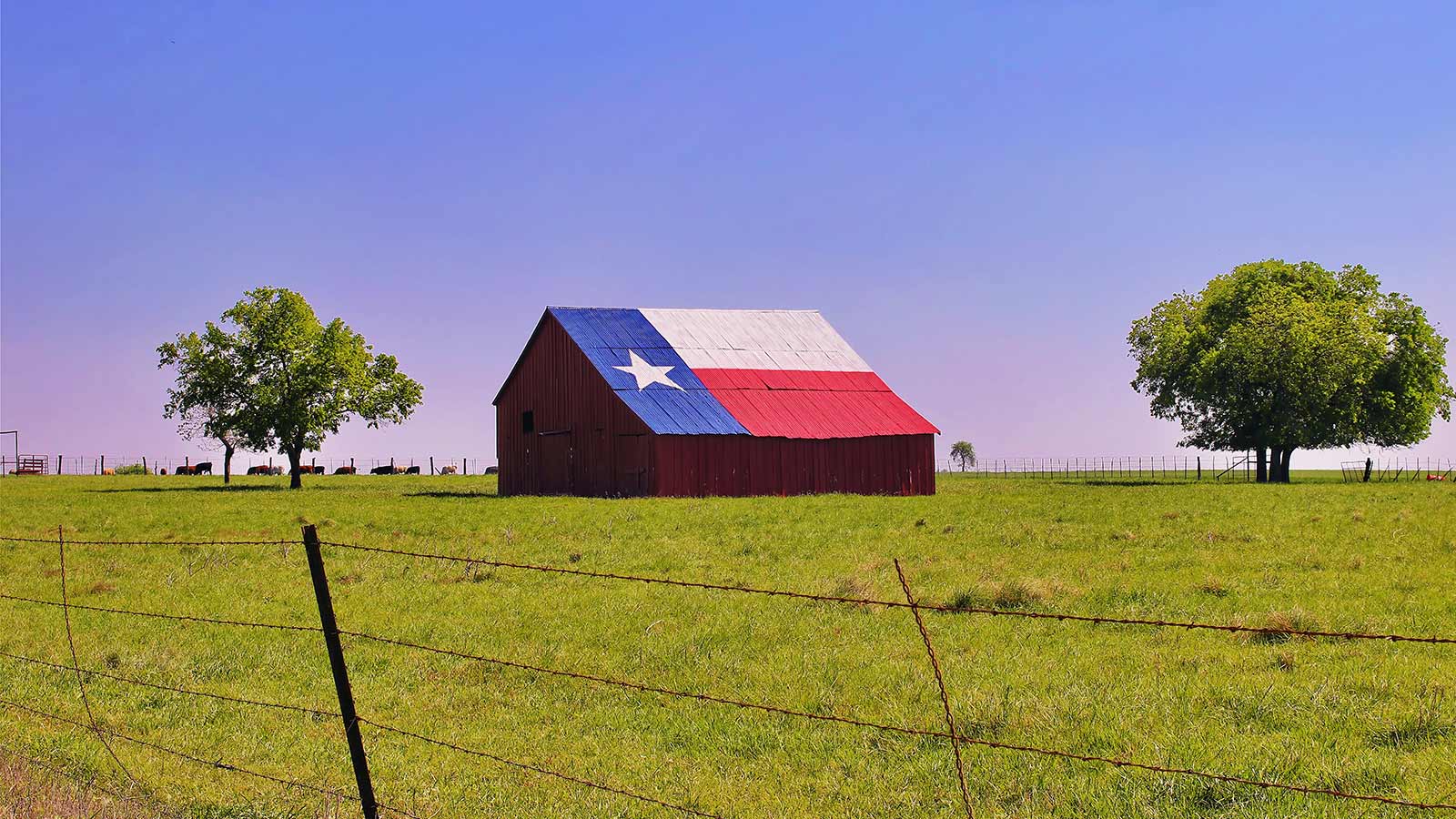Ten Things You May Not Know About Texas
Never miss a thing.
Sign up to receive our insights newsletter.

Throughout its history, the Lone Star State has been dynamic in the good times and resilient when confronting challenges. Texas has long been a beacon of growth and opportunity; today, it’s evolving in ways that are reshaping industries, education and communities. From cutting-edge tech advancements and developments in education to a rapidly shifting economic, demographic and cultural landscape, Texas continues to surprise. These changes are reshaping the way we think about public services, education and community growth. Here are 10 things you might not know about Texas that could impact your work in education and beyond.
1. Do You Know Celina, Fulshear, Anna and Princeton?
Celina, Fulshear, Anna and Princeton are four Texas cities that are the fastest growing in America according to the latest (2023) census figures. Celina, an exurb at the intersection of Denton and Collin counties, took the top spot with a growth rate of almost 27% between 2022 and 2023. Fulshear in Fort Bend County was a close second. Even crazier, Georgetown, Prosper, Forney and Kyle held down spots eight through 11.
2. Y’all Street
The NYSE Texas Stock Exchange is coming. It’s not just Wall Street anymore — Y’all Street is here with the intent to launch trading in early 2026. Texas has become a magnet for major financial institutions, with companies like JP Morgan Chase, Charles Schwab, Fisher Investments and Goldman Sachs expanding or moving to the state. JP Morgan Chase alone has 31,000 employees in Texas (and only 28,000 in New York!), with 12,700 in Plano. The state’s influence in the financial services sector is formidable.
3. The Texas Panhandle and the Theory of Connectivity
The Texas electric grid stands alone; it is the only state in the nation with its own grid. However, the Panhandle is not part of the Texas grid. Amarillo sits directly between the United States Western Interconnection and the Eastern Interconnection; the transmission lines connecting the two cut across northern Oklahoma and the Panhandle.
4. The Biggest Oil Port in the U.S.
While Houston is the undisputed energy capital of North American, the Port of Corpus Christi is actually the largest crude oil export gateway in the nation due to proximity to the Permian Basin and the Eagle Ford Shale as well as the efficiency of the Ingleside Terminals. Corpus is also the second largest liquefied natural gas (LNG) port. By 2025, the port will be even more productive, thanks to an ongoing channel trenching and widening project.
5. Stargate Abilene
Artificial intelligence is transforming industries and Texas is at the center of it all. A joint venture between OpenAI, SoftBank and Oracle is investing up to $500 billion in AI-related infrastructure. So where’s the action happening? In Abilene. With ten data centers under construction and ten more on the way, Abilene is quickly becoming a key player in the future of AI.
6. Bigger Than Russia
The Texas economy is not just large — it’s a global powerhouse. With a GDP of $2.4 trillion, the state has surpassed the entire economy of Russia, which stands at $2.3 trillion. This immense economic scale is fueled by Texas’ diverse industries, from oil and technology to agriculture and manufacturing. As the state continues to innovate and grow, it solidifies its position as a major player on the world stage.
7. Where Are All the Teachers?
It’s no secret that Texas has a teacher shortage. In fact, 37% of all newly hired teachers in the state in 2024 held no certification, and another 31% are teachers returning to the profession. Meanwhile, traditional colleges of education are producing only 23% of new teachers. The softness of the teacher labor market is perhaps one of the most critical, yet underreported, issues facing the state.
8. Battery Farms
When winter storm Uri hit Texas in 2021, battery storage was nearly nonexistent as a backup power source. Fast forward to today, and storage contributes ten gigawatts of electricity — and climbing — helping to stabilize the grid and reduce reliance on natural gas reserves. The future of energy in Texas is increasingly focused on energy storage, paving the way for a more resilient and sustainable power grid.
9. Two Obscure Texas Companies
Texas is home to some pretty impressive companies: American Airlines, AT&T, Exxon Mobil, Tesla and 50 other members of the Fortune 500. Here’s a couple you may not know: Enterprise Product Partners and Plains GP Holdings, both headquartered in Houston, rank 90 and 92 on the Fortune 100. These companies are significantly larger than familiar names like Coca-Cola, Bristol-Myers-Squibb, Dow Chemical and Starbucks. What business are they in? Pipeline construction … and they are not slowing down anytime soon.
10. Fifty-three Olympic Medals!
Texas is not only a leader in business and energy — it also has a rich history of athletic achievement. With 53 Olympic medals in the 2024 games, Texas has produced some of the world’s best athletes. Simone Biles, Scottie Scheffler, Kevin Durant, Julian Alfred and Sha’Carri Richardson are household names. But many other athletes in Texas made it to the medal stand as well. Did you know that Sam Watson from Southlake earned a bronze in men’s speed climbing? How about Texas college students Conner Prince (Tarleton State, skeet shooting, silver), Austen Smith (UT Arlington, team skeet, silver) and Casey Kaufhold (Texas A&M, team archery, bronze)? Those three took time out of their studies for team USA. They will also be on the job market soon with quite the resumes!
From innovative business expansion and tech developments to a shifting energy landscape, Texas is setting trends that influence everything from public education to the future of local economies. Whether you’ve been immersed in the shifting dynamics for years or not, these insights may provide a fresh perspective on why the state’s reputation is more than just “big.” The Lone Star State is constantly evolving, and its changes are shaping the future of education in ways you might not expect.
If you’re looking for guidance on how these changes could impact your business, education initiatives or industry, contact Weaver to learn more. Our team is ready to help you analyze these shifts and engage with new opportunities.
©2025
